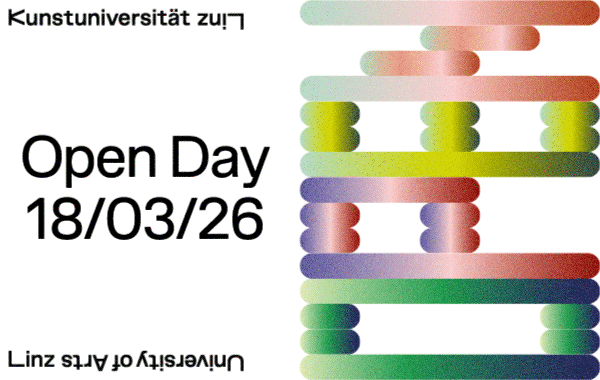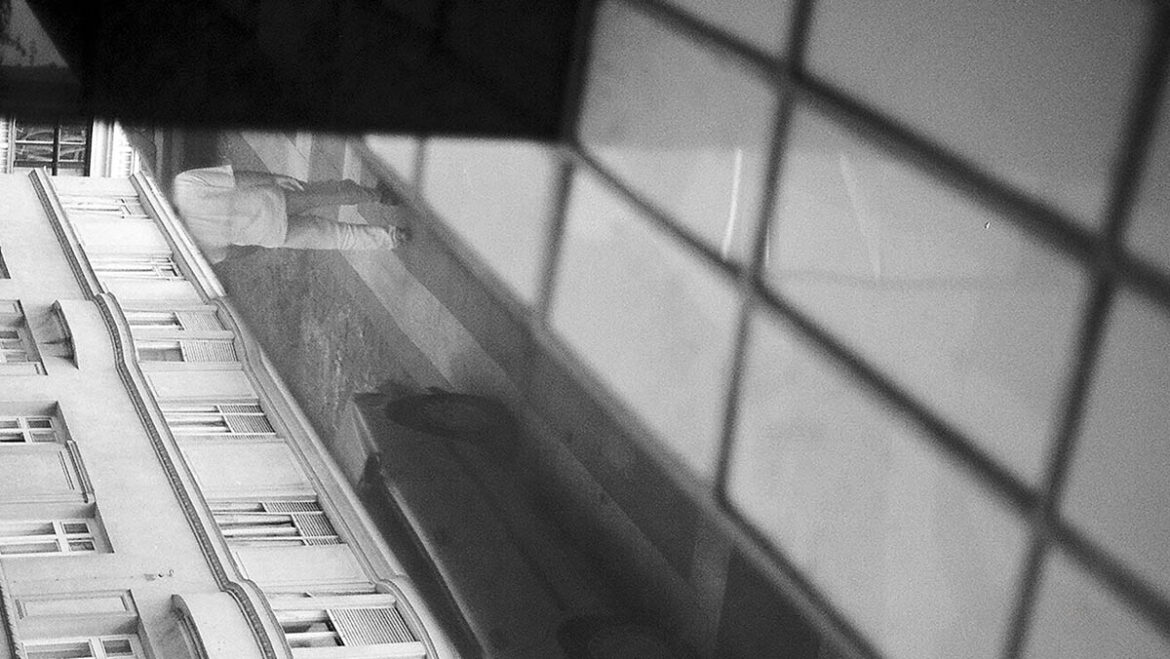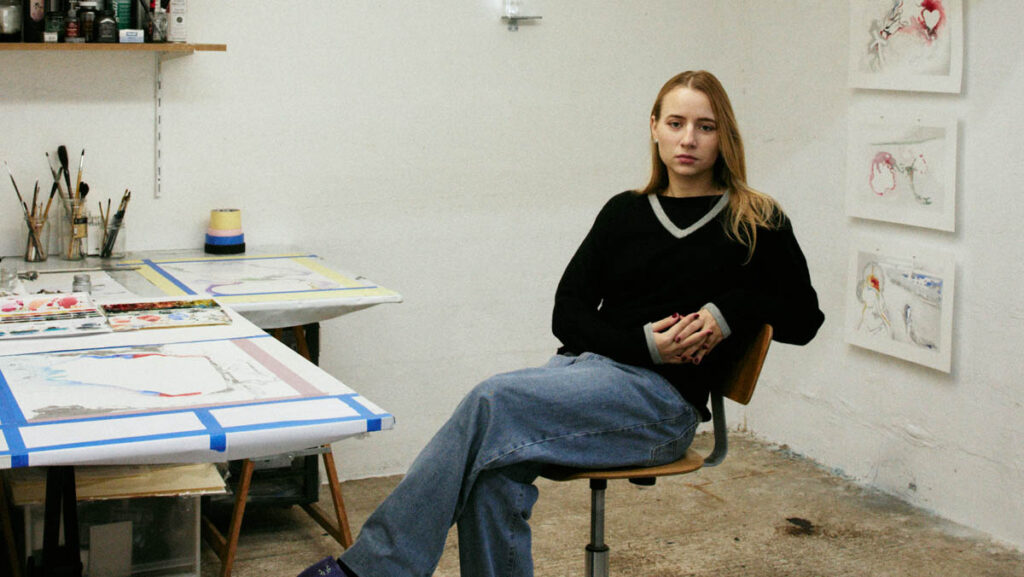Among the new generation pioneers of a critical revision of autobiographical and narrative photography, Anna Forgach embarked on a dialectical engagement with specific moments of everyday life through her rigorous and intense handling of the most common identity and psychological struggles of the individual.
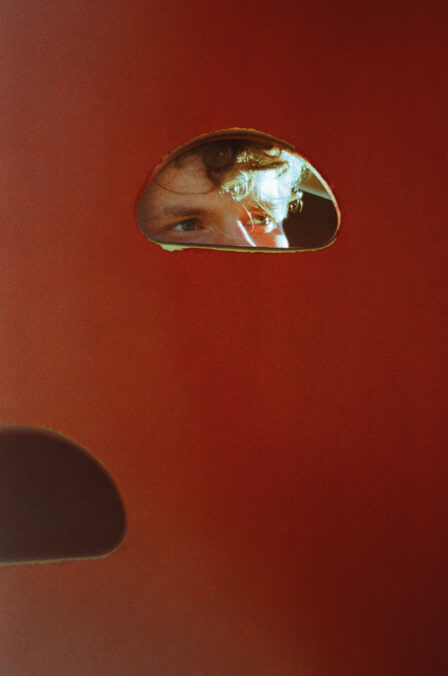
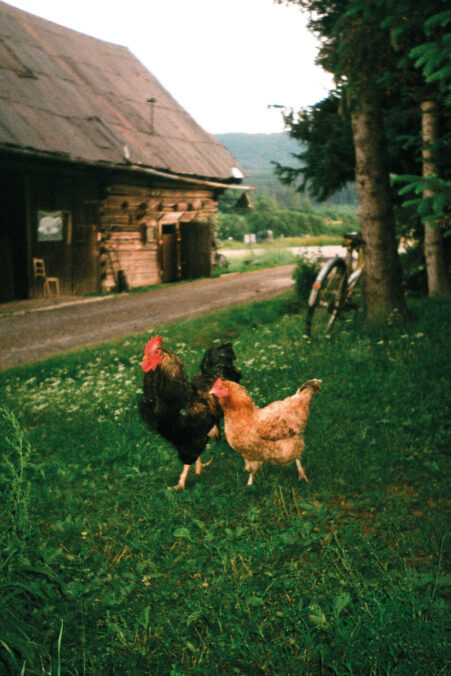
Self-awareness or so-called guided autobiography, visual storytelling are not just some objects running through her work, but core themes which tirelessly question the role of the self and the status accorded pictures depending on a postmodern context in which those images are viewed. Aesthetically pretentious, generally subjective analysis requires a closer look in most cases as she is turning upside-down the rules of analogue photography. The analog image, which is unique and unrepeatable, seeks to capture not so much the individual’s appearance and material culture, but rather the perception that abstracts the material environment that surrounds us. She does not create her photo diary for self-representation or even for documentation purposes: rather, she creates her series as part of a process of personal investigation, self-discovery, archiving them with the intention of making them part of a larger picture. Narrative photography is just one of her tools to a collective emotional map that spans across different nationalities and generations and prompting us to engage in our own analysis.
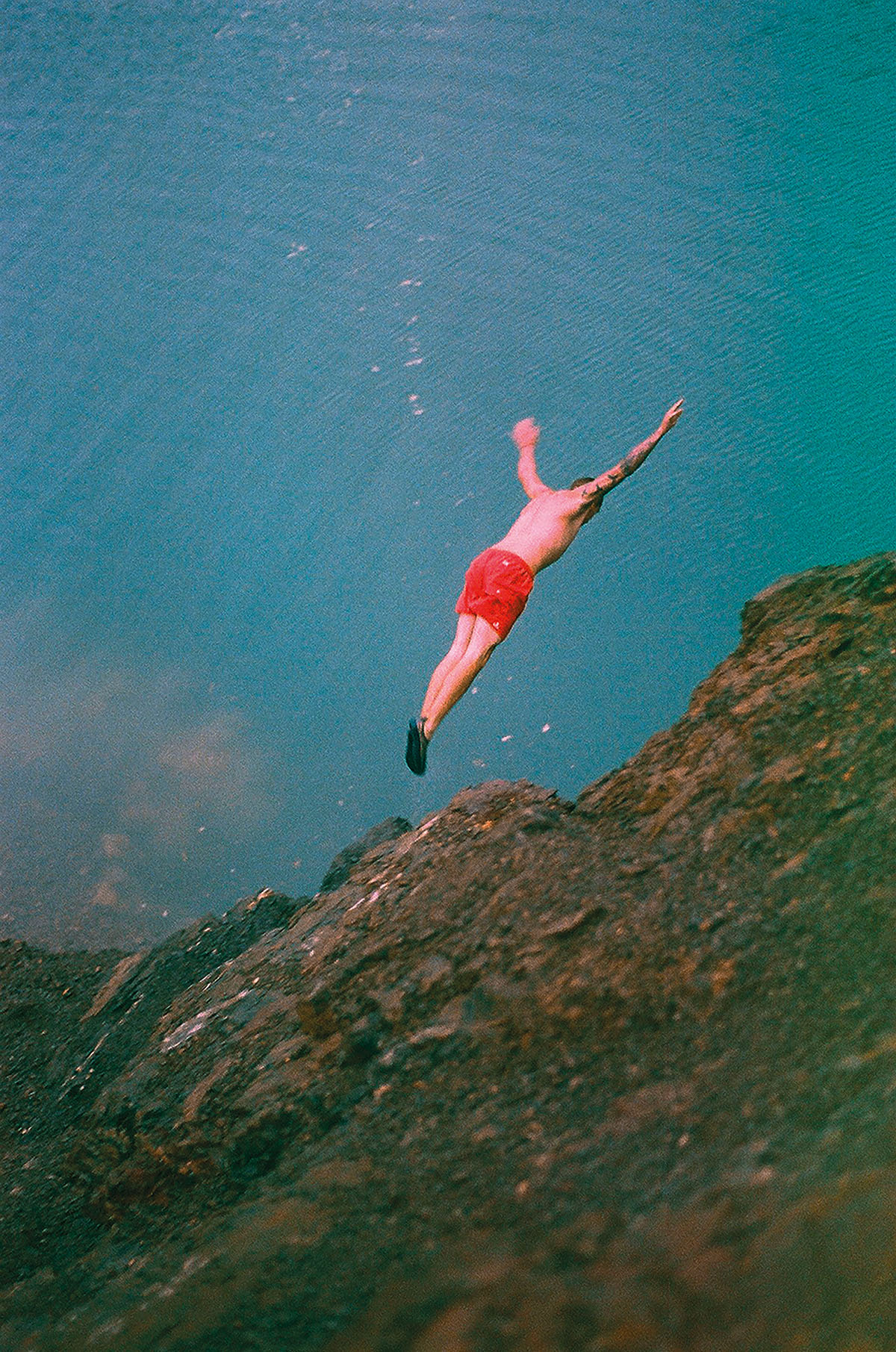
Grasping Forgach’s approach means abandoning preconceptions that lock photography into a documentary framework, means distancing oneself from photography that decontextualizes reality. We find ourselves faced with a self-developed process of abstraction which, similar to Jacob L. Moreno’s sociometry is unable to examine the self without its environment. Her visual language should be read trough Walter Benjamin’s aura concept and Lacan’s semiotic understanding of Freudian terms. Forgach’s works often start from very personal settings and life circumstances which are juxtaposed with wildlife and still lifes. On the border between random and constructed images, in the series featured in this book we find landscapes, sensitive photos of a family member, even a fish inside an aquarium. The series covers a wide range of topics. If the Sun could talk to me, the young photographer examines how analogue photography provides a key to understanding ourselves and our surroundings. A key not just to observe and capture the atmosphere of our contemporary reality, but transform these visual contradictions to idiosyncratic conditions themselves, which in that case appears as a confused and conflicted territory of the self. Her previous work strategy was a self-reflective, biographical, and narrative exploration within intergenerational dynamics, which was rooted in logotherapy, a psychological movement, developed by Austrian psychiatrist Viktor Frankl. As a young woman, she also examines the following: what obligations does her personal past, origin, gender, education, and social status impose on her, and to what extent is it possible to expand the scope of action determined by these factors?
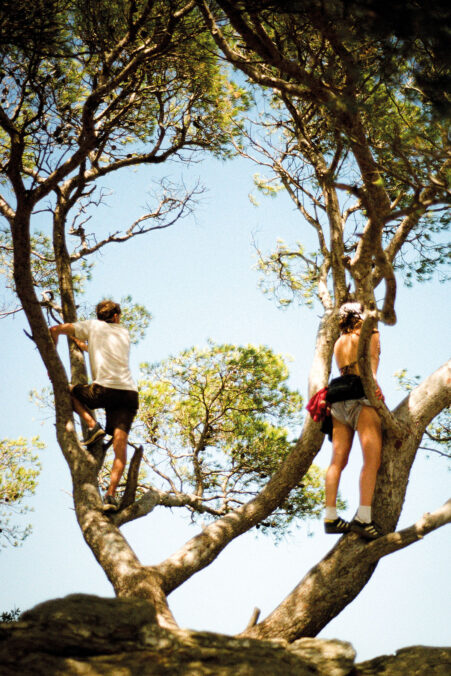
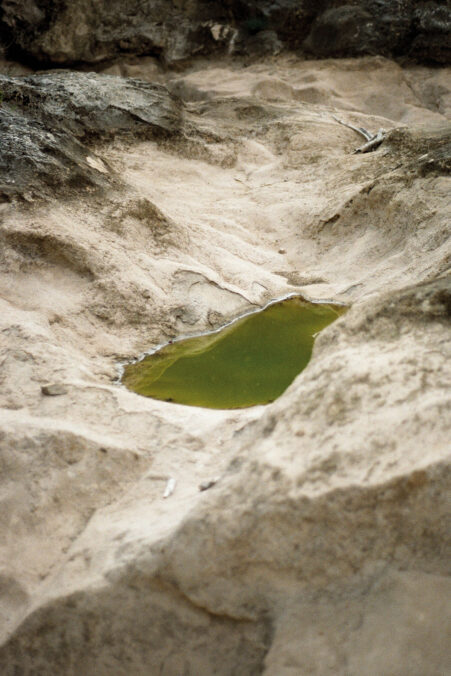
Associative texts and diary-like entries also help stimulate a transformation. The logic of the short notes appearing in the photo book also suggests participation: this partly fictional environment offers keys to understanding ourselves and reflecting on our own life journeys. If the Sun could talk to me is a starting point in Forgach’s deep, psychological reflection and attempts to establish a dialogue between an individual historiography of everyday life and the photographic medium. Her oeuvre is not totally new in photography since the discussion of related dichotomies, individual and community, external-internal, self-other has a long tradition in our cultural history. In the age of mass production and images, however, the way she treats analog photography is quite extraordinary; we could say that it transcends artistic and psychological boundaries and shows an example of empirical experiences.
Anna Forgach – www.annaforgach.com, www.instagram.com/anna.forgi/
Kata Martincsák – www.instagram.com/katamartincsak/



